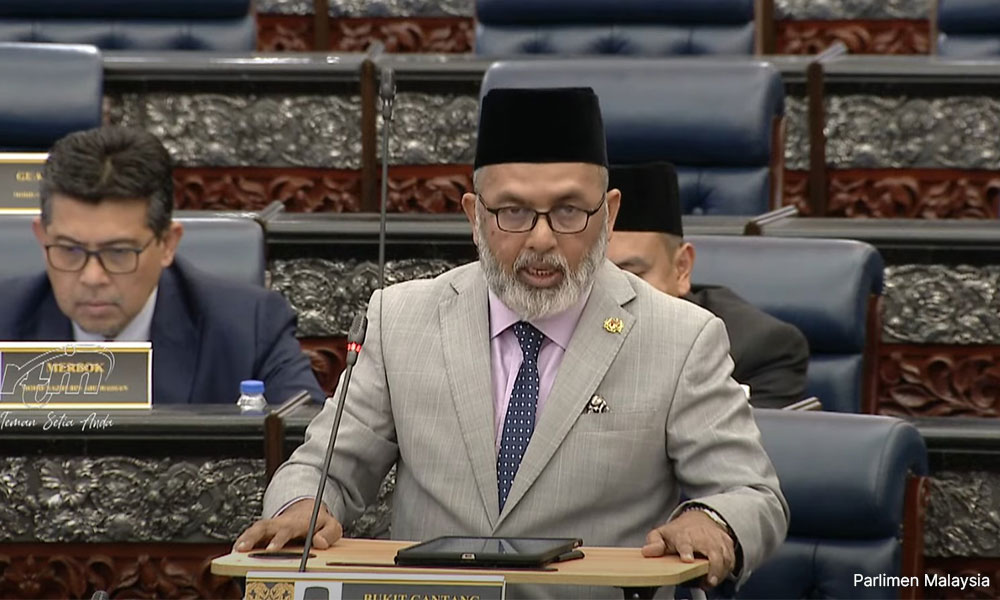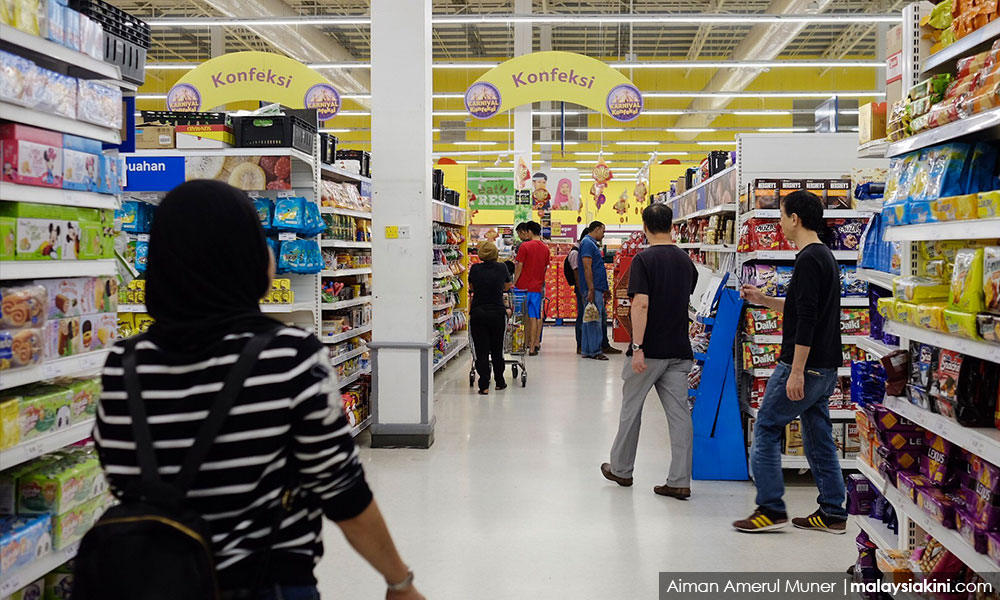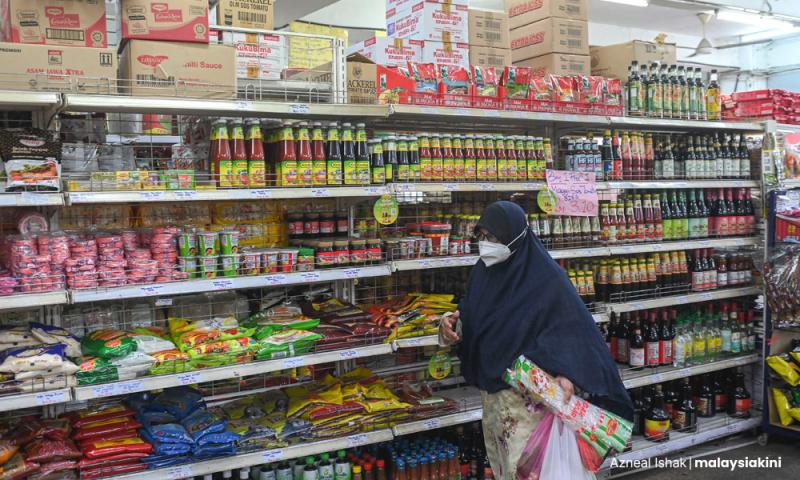LETTER | Lack of feasibility studies in tackling cost of living issues
LETTER | Bukit Gantang MP Syed Abu Hussin Hafiz Syed Abdul Fasal was recently appointed to head a committee to tackle rising food prices and cost of living called the National Action Council on Cost of Living (Naccol).
His appointment was made amidst the high cost of living and spiralling prices endured by all segments of society - who are now already losing their purchasing power due to weak ringgit, among others.
When Prime Minister Anwar Ibrahim came into power at the end of 2022, I could remember that he wasted no time to chair a Naccol meeting on a Sunday.
He gave government agencies two weeks to come up with ways to address the problems and study the implications of targeted subsidies.
Too bad, until today, the unity government he is leading is still facing hard choices and unable to boost the nation’s revenues and pare debt as the rising cost of living hits the pockets of ordinary Malaysians.
Does the appointment of Syed Abu Hussin, therefore, make any sense? Those slews of promised reforms that have gone unfulfilled, the doing away with subsidies, fractious political environment and broadening of the government’s revenue base have made Malaysia nothing but one of the biggest losers worldwide.

The term "cost of living" refers to the minimum expenses required for a family to maintain their desired standard of living over a specific period of time.
Inflation, high housing costs, taxes on goods and services, reduced subsidies, expensive education and healthcare and dependence on imported items are all challenges that contribute to the high cost of living in Malaysia.
Inflation, in particular, has been a major factor driving up living expenses over time.
According to the Department of Statistics Malaysia's 2019 Household Expenditure Survey, the average monthly expenditure per household in Malaysia was RM4,033.
This includes expenditures on food, housing, transportation, education and other categories. Food was one of the most significant costs, accounting for an average monthly expenditure of RM737 per household.
In addition, a 2020 consumer sentiment index (CSI) survey conducted by the Malaysian Institute of Economic Research (MIER) revealed that 75.3 percent of respondents were concerned about the escalating cost of living.
The survey also revealed that 80.5 percent of respondents believed that the high cost of living would have an impact on their personal finances in the future.
Lack of reforms
It has been more than a year now, and nothing much has changed. Some critics argue that the Madani reforms did not address the root causes of the cost of living issues such as the lack of affordable housing, healthcare, education and the unequal distribution of resources and opportunities.
Moreover, some of these reforms such as the privatisation of public assets have been criticised for benefiting the wealthy and the well-connected at the expense of the poor and the marginalised.
The Domestic Trade and Cost of Living Ministry needs sufficient funding to carry out various programmes and initiatives in the context of addressing the high cost of living.
Price limits, market surveillance, consumer protection schemes and financial literacy campaigns are a few examples of these activities.
However, the ministry may face difficulties executing comprehensive initiatives due to a lack of resources. Budgetary restrictions may force the ministry to give some programmes or projects a higher priority than others. This may make it difficult to address the high cost of living in all of its forms.

The prime minister’s proposals in addressing these issues have been criticised for lacking specific details and feasibility studies.
Moreover, the appointment of Syed Abu Hussin to lead Naccol raised more questions than answers.
In any case, the effectiveness of his proposals in tackling the cost-of-living issues in Malaysia remains to be seen and will depend very much on a variety of factors such as strong political will and economic conditions.
Writer is a research analyst with Institut Masa Depan Malaysia.
The views expressed here are those of the author/contributor and do not necessarily represent the views of Malaysiakini.
RM12.50 / month
- Unlimited access to award-winning journalism
- Comment and share your opinions on all our articles
- Gift interesting stories to your friends
- Tax deductable
